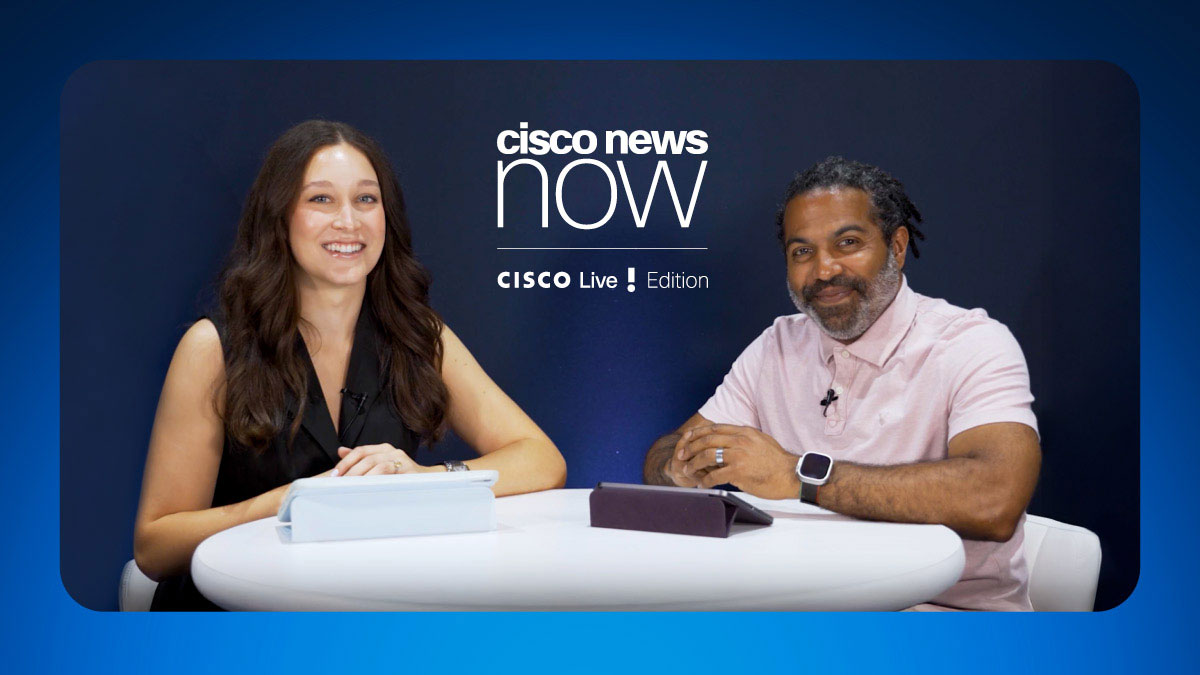LONDON, UK., Feb. 24, 2000 - Danish company Medicotest A/S, Europe's largest producer of electrodes and sensors for hospital applications, is the first company in Denmark to switch from a conventional telephony system to a voice over IP system.
In partnership with Cisco Systems, Medicotest A/S will pilot test the new IP telephony system with its employees before rolling out externally. Over the coming months it will be extended to include the company's international telephone calls. When this happens, Medicotest A/S will be able to enjoy local call rates regardless of the country called, saving the company several hundred thousand Kroner every year.
Bent Herlevsen, Corporate IT Chief at Medicotest A/S said: "We have primarily made the switch because it is far less expensive than conventional telephony. But costs are not the only reason. The new system is also much easier to maintain and re-configure and has given us a wealth of options we did not have before."
Progressive Attitudes
Medicotest A/S is headquartered west of Copenhagen and is Europe's largest and the world's third largest producer of electrodes and sensors for hospital applications. With offices in seven countries and exports to many more, Medicotest is a rapidly growing company with a highly progressive attitude towards advanced technology - including telephony.
"We have long been monitoring the progress of IP telephony, and in September 1999 we decided that it had become sufficiently mature for us to implement it," Herlevsen continues.
"We worked with NetDesign and Cisco to define the project specifications. Those two companies were chosen because we had already worked successfully with NetDesign, and because we judged that Cisco's products were the best in the market. On December 29 we launched IP telephony in the company and pulled out the socket of the old Ericsson switchboard."
Not One Technical Hitch
Despite the fact that this is the first solution of its kind in Denmark, there have been no technical problems. The IP solution consists of a dedicated NT server with Cisco's Call-Manager Software, which required a change of all the company's telephones to digital IP telephones. Each new telephone has its own IP address and uses the same computer plug and Ethernet as the employees' PCs.
Bent Herlevsen Continues with the Story.
"It all worked from the first second. The call quality is as good as it was before, and the added load we have on the Internet is hardly noticeable. We are happy with the solution and think that we will start running IP telephony internationally at some point this year. That means that we will be able to speak to the whole world at local rates."
Talk Anywhere In the World, at Local Call Rates
Financial reasons provided the main impetus behind the decision to change from a conventional telephone system to an IP-based solution. But the new system offers other benefits as well.
Says Herlevsen: "An important financial benefit is that we can take care of the telephone system ourselves. Previously if we needed any configuration changes to the system, we had to pay significant amounts of money to the telephone company who sent engineers in to make the alterations. We now handle all changes ourselves which not only saves money, but is also much quicker.
"Call charges are where the real savings are made. In the next stage when we start using IP telephony internationally, we will save several hundred thousand kroner annually on our phone bill.
"At the same time we make savings on ordinary international calls because of better call management. The Call Manager keeps tabs on our agreements with the various telephone companies making it simpler for us to select the best carrier for international calls. This means, for example, that when we call the UK, these calls are always made at the lowest rates."
Ease of Use
The system also offers other major benefits for users through its simplicity. "I can update the system in a few minutes from my own PC screen," says Herlevsen. "All our telephones can be configured individually from a central place, making maintenance much faster and easier which saves even more money. Also, all maintenance is carried out on the NT platform that runs our IT systems and all system changes can be made from an ordinary browser. So instead of two technical worlds and two networks, we now only have one platform and one network, adding the major benefit of simplification."
Herlevsen adds that other users are also satisfied with the new technology. "The receptionists are now able to modify office numbers from their desk, making phone directory maintenance much simpler and more accurate. The system also makes it easier to transfer calls because transfers are done using the mouse and not by keying in local extensions.
"Furthermore, all employees have access to lots of new facilities thanks to the new telephones. They can take their phone with them to another office and plug it in there. Then the system automatically detects that they have moved and transfers calls to that plug without anybody having to do anything.
Bent Herlevsen Concludes, "For years, there has been talk about the convergence of telephony and IT. It is now a reality at Medicotest A/S, and it has provided benefits for the company way above our expectations."



